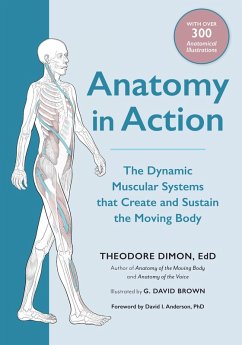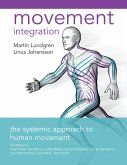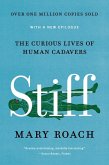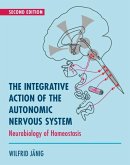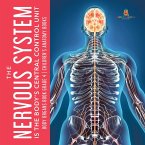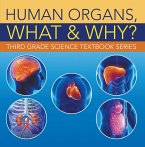A practical and informative guidebook illustrating the core design principles behind the body's musculoskeletal system. When we suffer from musculoskeletal difficulties, most of us assume there is something wrong with our posture and balance. We then seek out the assistance of a healing professional who might treat us with massage, medication, or new stretching exercises. But why are children and even some well-coordinated adults far less prone to injury? How is it that their muscles do not require the same degree of massaging, strengthening, or stretching as others? The reason, says Theodore Dimon in Anatomy in Action, is that our muscles, bones, and connective tissue form a dynamic, highly organized system of support. Understanding this system is the key for developing and maintaining healthy musculoskeletal functioning, as well as avoiding injury. This practical and informative guidebook describes the basic principles governing our body's musculoskeletal architecture, including the specific anatomical systems--such as the shoulders, spinal extensors, and hips--that make up its complex design. Anatomy in Action provides readers with a precise view into the beautiful and remarkable apparatus operating beneath our skin. With over 200 illustrations as well as practical exercises for activating specific muscle groups, this is a valuable handbook demonstrating the musculoskeletal marvel in action. It is also the ideal resource for students and practitioners of body work, movement, kinesiology, and dance.
Dieser Download kann aus rechtlichen Gründen nur mit Rechnungsadresse in A, B, BG, CY, CZ, D, DK, EW, E, FIN, F, GR, HR, H, IRL, I, LT, L, LR, M, NL, PL, P, R, S, SLO, SK ausgeliefert werden.

